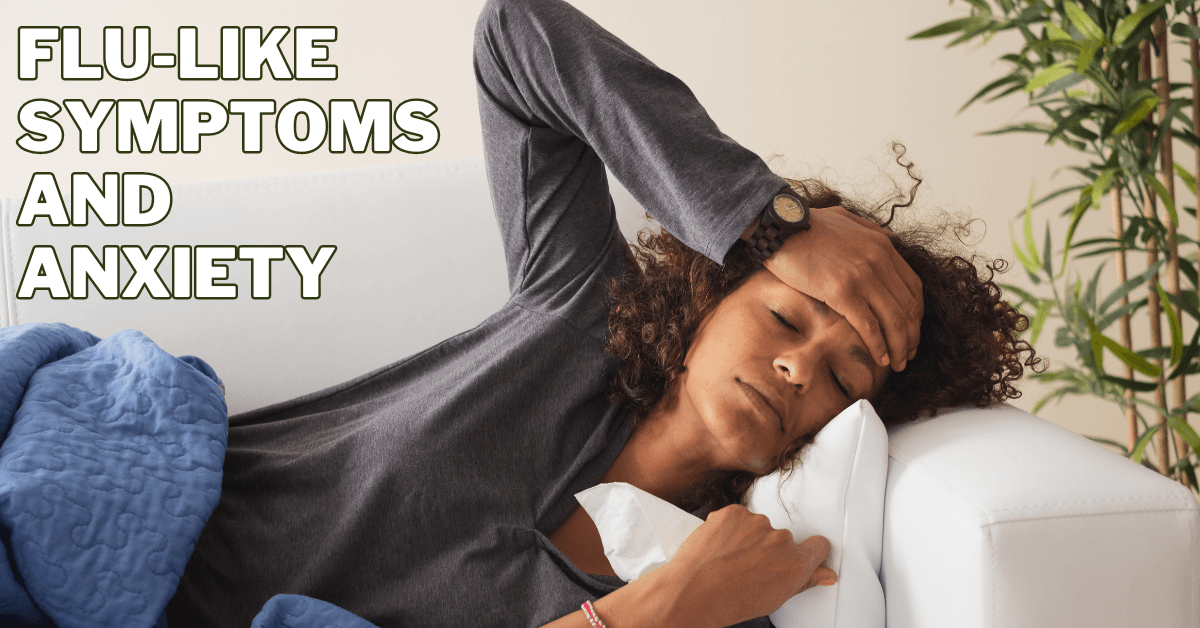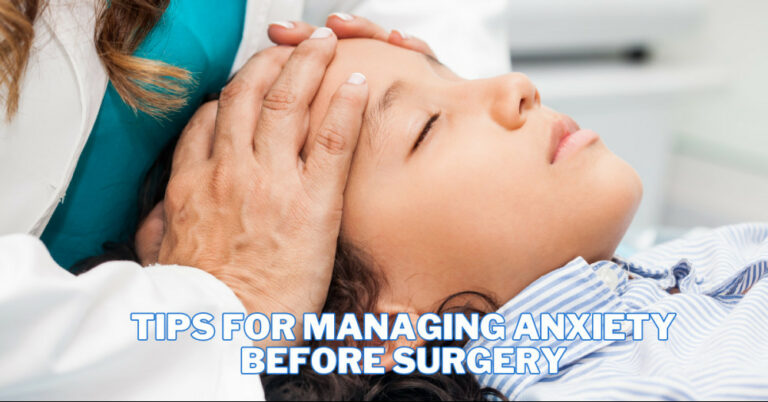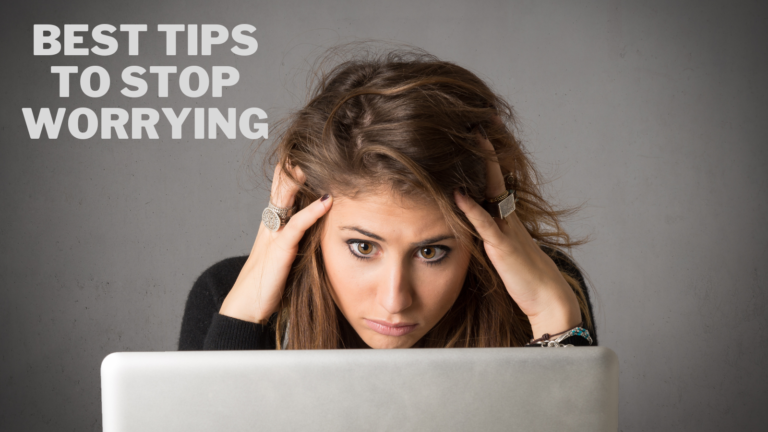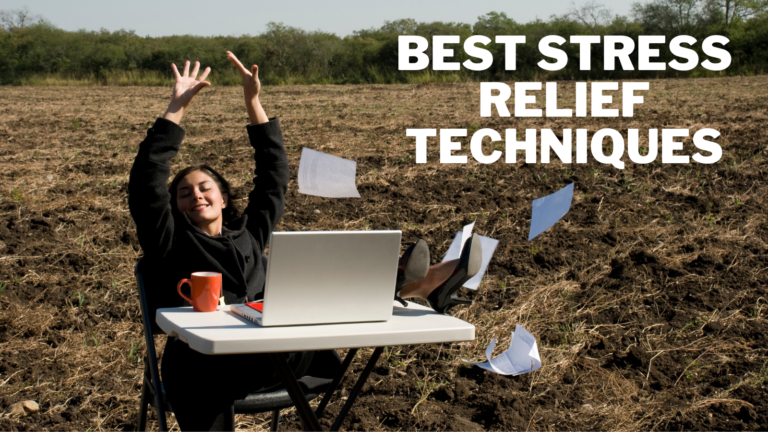Flu-Like Symptoms And Anxiety
Flu-Like Symptoms And Anxiety
The intersection of physical and mental health often presents a complex puzzle, particularly when it comes to understanding how anxiety can manifest with flu-like symptoms.
Overwhelming concern and fear are the hallmarks of anxiety, a disorder that frequently manifests physically as a variety of symptoms that can resemble the illness.
From body aches and fatigue to feverish sensations and chills, the overlap between flu-like symptoms and anxiety-induced responses can lead to confusion and distress for those experiencing them.
This article aims to unravel this complex relationship, shedding light on how anxiety can not only mimic the flu but also exacerbate existing symptoms, making it challenging to distinguish between the two.
As we delve deeper, we explore the mechanisms behind this phenomenon, the importance of recognizing the signs, and effective strategies for managing and treating both symptoms.
Understanding this intricate relationship is crucial for those directly affected and healthcare professionals navigating the diagnosis and treatment of these overlapping conditions.
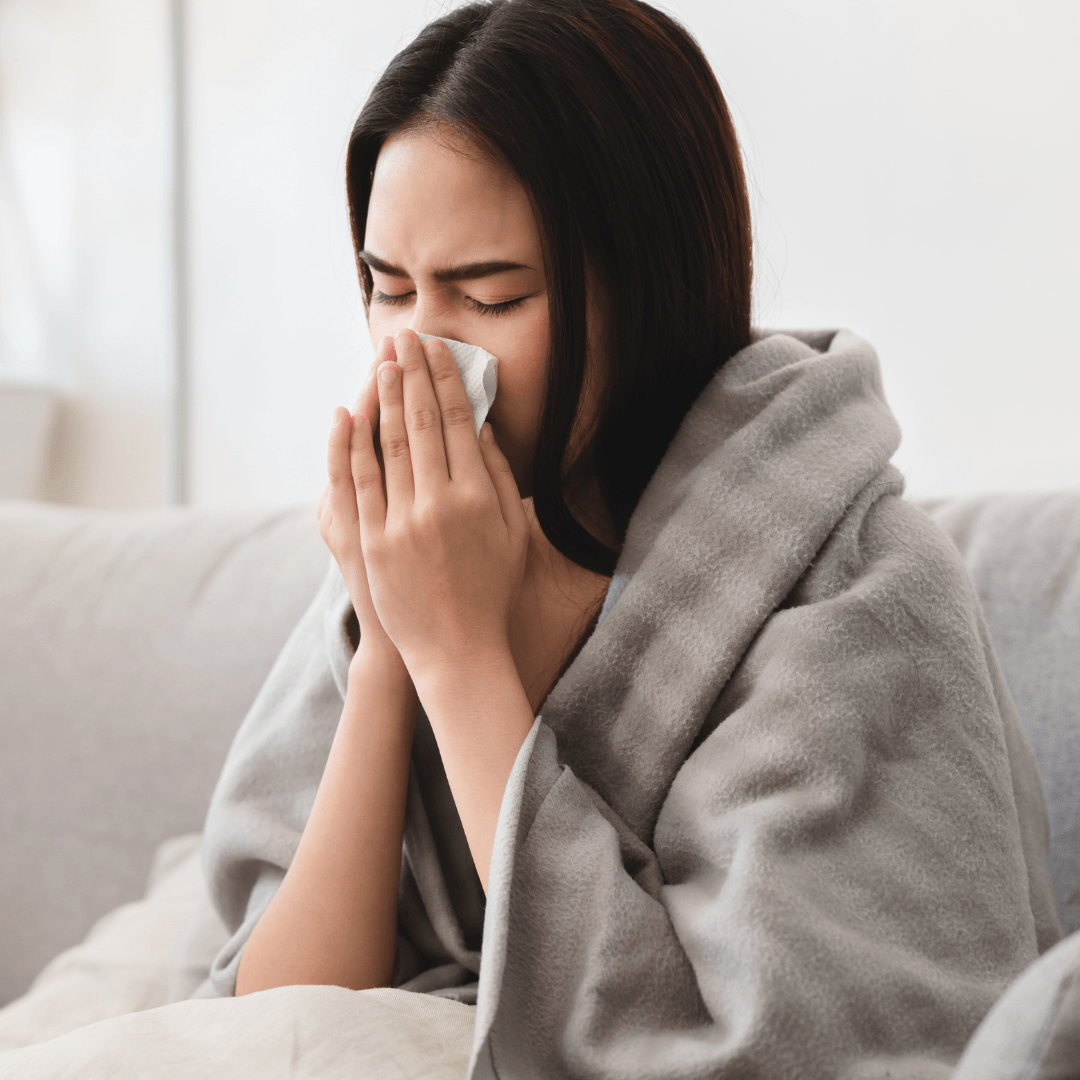
Introduction To Flu-Like Symptoms And Anxiety
When we talk about flu-like symptoms, we're referring to a constellation of signs resembling the influenza virus—fever, chills, muscle aches, cough, congestion, fatigue, and headaches.
These symptoms are your body's signalling that it's under attack, marshalling its defences against what it perceives as harmful invaders.
Anxiety, on the other hand, is a pervasive and persistent sense of worry, nervousness, or unease about something with an uncertain outcome.
It's a condition that affects millions globally, making it one of the most common mental health disorders.
Anxiety doesn't just reside in the mind; it has a knack for manifesting physically, tricking the body into thinking it's ill.
This phenomenon, where anxiety masquerades as a physical illness, is fascinating and somewhat perplexing.
The mind-body connection is powerful. When the brain perceives psychological stress, it can trigger a cascade of physical reactions.
The fight-or-flight response is a primitive mechanism in our bodies that helps us defend ourselves against danger.
In the case of anxiety, the body is put on high alert, causing symptoms that astonishingly mirror those of the flu.
Understanding this interplay between anxiety and physical health is crucial. It underscores the complexity of anxiety disorders and highlights the need for a holistic approach to diagnosis and treatment.
By acknowledging how deeply intertwined our mental and physical well-being are, we can better navigate the murky waters where psychological stress manifests as physical discomfort.
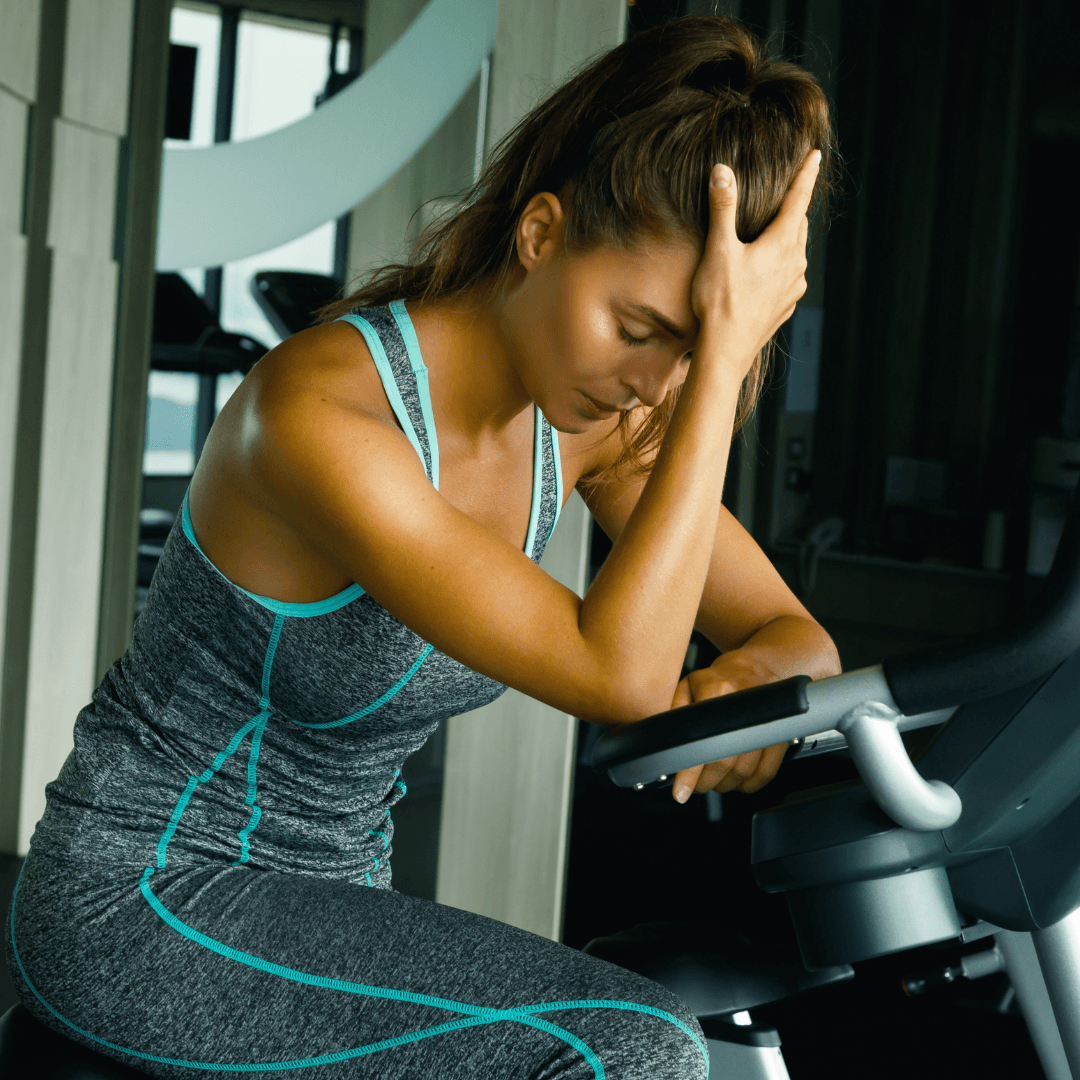
The Biological Link Between Anxiety & Physical Symptoms
At the core of anxiety's physical manifestation lies the intricate interplay between the brain and the body's physiological responses.
When faced with perceived threats, the brain's amygdala sounds the alarm, initiating the body's stress response.
While cortisol mobilizes energy resources and suppresses non-essential functions like digestion, adrenaline raises blood pressure and heart rate.
These hormonal changes can lead to many physical symptoms, including rapid heartbeat, shallow breathing, muscle tension, and digestive discomfort.
Moreover, anxiety disrupts neurotransmitter balance in the brain, affecting mood, cognition, and physical sensations.
Serotonin, for example, regulates mood and anxiety levels, while gamma-aminobutyric acid (GABA) helps calm the nervous system.
Imbalances in these neurotransmitters can contribute to symptoms like restlessness, irritability, and sensory hypersensitivity.
Thus, anxiety's biological link to physical symptoms underscores the profound impact of psychological stress on the body's intricate systems, highlighting the importance of addressing both mental and physical well-being for holistic health.
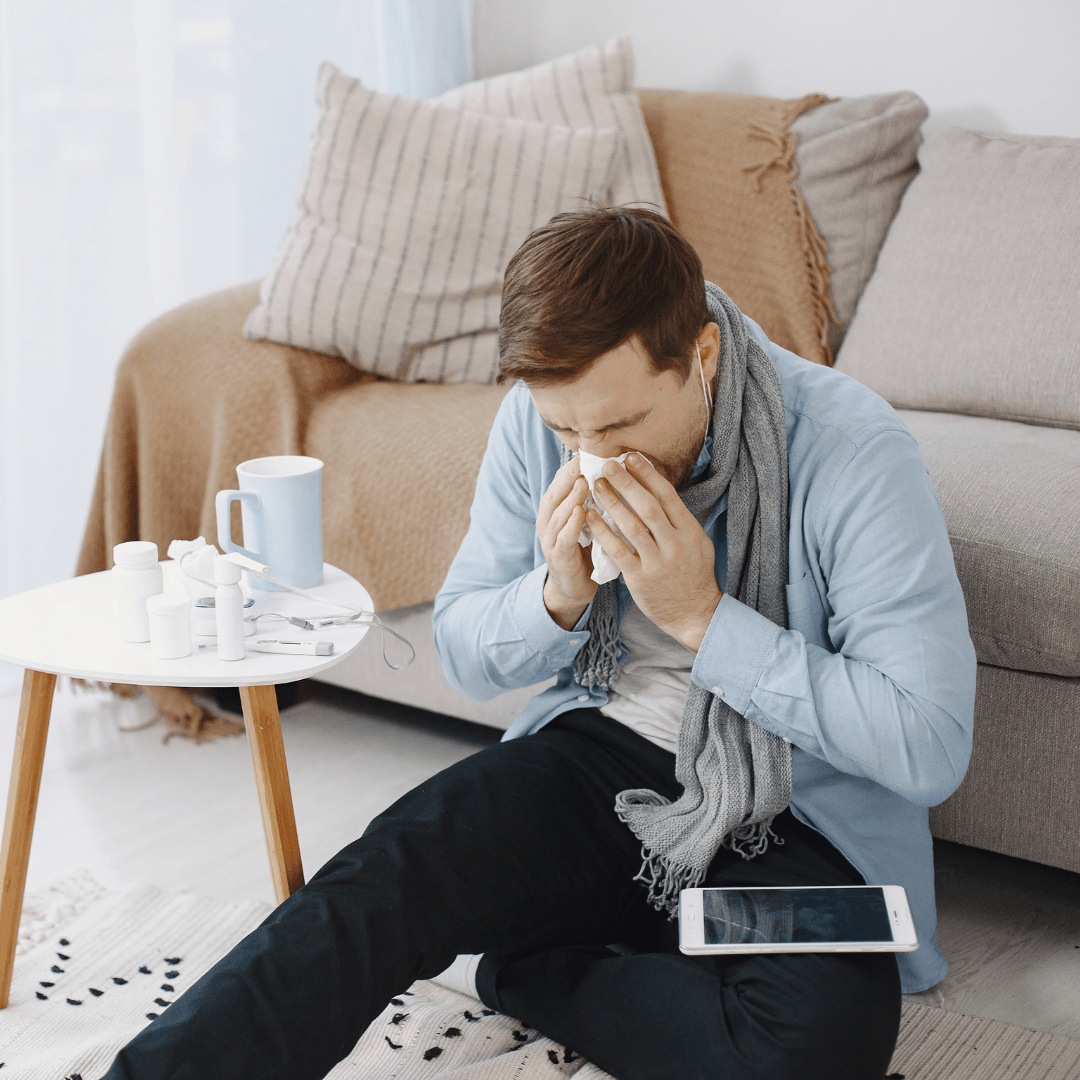
How The Body's Stress Response Can Mimic Flu-Like Symptoms
The body's stress response, often called the fight-or-flight response, is a primal survival mechanism designed to mobilize resources in the face of perceived threats.
When triggered by anxiety, this response can elicit a wide range of physiological changes that mimic flu-like symptoms.
For instance, increased levels of stress hormones like adrenaline and cortisol can elevate heart rate, induce sweating, and cause muscle tension—symptoms commonly associated with the flu.
Furthermore, shallow breathing and chest tightness, triggered by the body's preparation for rapid physical exertion, can mimic respiratory symptoms such as coughing and wheezing.
Moreover, the stress response can disrupt the body's immune system, making it more susceptible to infections.
Chronic stress suppresses immune function, reducing the body's ability to fight pathogens and increasing vulnerability to illnesses like the flu.
Additionally, stress-induced inflammation can exacerbate symptoms such as fever, body aches, and fatigue—common hallmarks of the flu.
Furthermore, the psychological toll of anxiety can amplify physical sensations, leading to heightened awareness of bodily discomfort.
This heightened sensitivity can magnify perceived symptoms, making them more intense and pervasive.
As a result, individuals experiencing anxiety may interpret normal bodily sensations as signs of illness, further blurring the distinction between stress-induced symptoms and those caused by the flu.
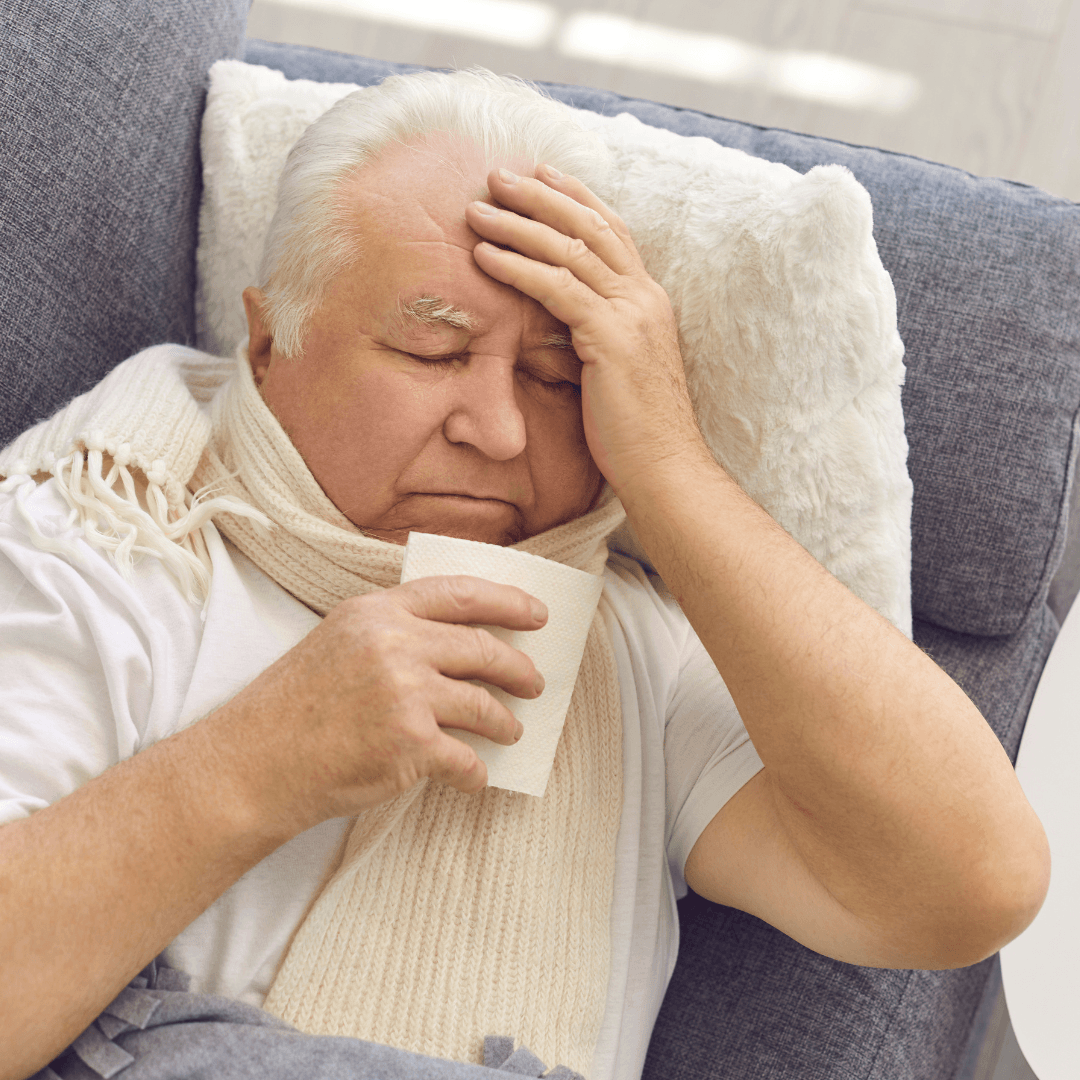
Common Flu-Like Symptoms Caused By Anxiety
In the intricate dance between mind and body, anxiety often manifests itself through a myriad of physical symptoms that can mirror those experienced during a bout of the flu, highlighting the intersection between flu-like symptoms and anxiety.
Understanding this intersection between anxiety and physical health is essential for recognizing the true nature of symptoms and providing appropriate care. Here are the common flu-like symptoms caused by anxiety:
1. Fatigue And Weakness
Anxiety can lead to persistent tiredness and lethargy, even after adequate rest. This fatigue may result from the body's heightened arousal and increased energy expenditure due to stress.
Additionally, disrupted sleep patterns and constant worrying can contribute to feelings of exhaustion, mimicking the fatigue experienced during a bout of flu.
2. Muscle Aches And Joint Pain
Anxiety-induced muscle tension is common as the body braces itself for perceived threats. This tension can lead to muscle aches and soreness, particularly in the neck, shoulders, and back areas.
Joint pain may also arise due to heightened stress levels, as the body's inflammatory response is triggered by chronic anxiety.
3. Feverish Sensations And Chills
Anxiety can cause sensations of warmth or heat throughout the body, leading to feverishness.
This sensation is often accompanied by chills or shivering as the body attempts to regulate its temperature in response to perceived stressors.
While these symptoms may mimic those of a fever, they are typically not indicative of an actual increase in body temperature.
4. Headaches And Dizziness
Stress-induced muscle tension and changes in blood flow can trigger headaches and dizziness in individuals experiencing anxiety.
Anxiety-related muscle tension frequently manifests as tension headaches, which are characterized by dull, throbbing pain around the forehead or temples.
Dizziness may result from hyperventilation or alterations in blood pressure due to the body's stress response.
5. Digestive Issues
Anxiety can cause severe damage to the digestive tract, resulting in symptoms including diarrhea, constipation, nausea, and stomach cramps.
Stress chemicals like cortisol impact intestinal function, which is why the gut-brain relationship is important in anxiety.
Furthermore, increased worry can make gastrointestinal disorders like acid reflux or irritable bowel syndrome (IBS worse), which can make digestion even more uncomfortable.
6. Respiratory Symptoms
Anxiety can induce a range of respiratory symptoms that mimic those of respiratory infections, such as the flu.
Hyperventilation, or rapid and shallow breathing, is a common response to anxiety and can result in sensations of breathlessness or tightness in the chest.
This can make individuals feel like they are experiencing difficulty breathing, similar to respiratory symptoms associated with the flu.
7. Sweating And Clamminess
Anxiety often triggers the body's stress response, which can result in sweating and feelings of clamminess.
This physiological reaction is an evolutionary adaptation designed to cool the body during perceived danger or stress.
However, excessive sweating and clamminess can mimic the feverish sensations commonly associated with the flu.
8. Cognitive Symptoms
Anxiety can also manifest as cognitive symptoms that mimic those experienced during illness, such as difficulty concentrating, memory problems, and confusion.
The mental effects of anxiety may result from the body's physiological response to stress, including alterations in neurotransmitter levels and brain function.
9. Sensory Sensitivities
Some individuals with anxiety may experience heightened sensory sensitivities, including sensitivity to light, sound, or touch.
These sensitivities can intensify during heightened stress, leading to discomfort and distress.
Additionally, sensory sensitivities can exacerbate other flu-like symptoms, such as headaches or muscle aches, by amplifying the perception of pain or discomfort.
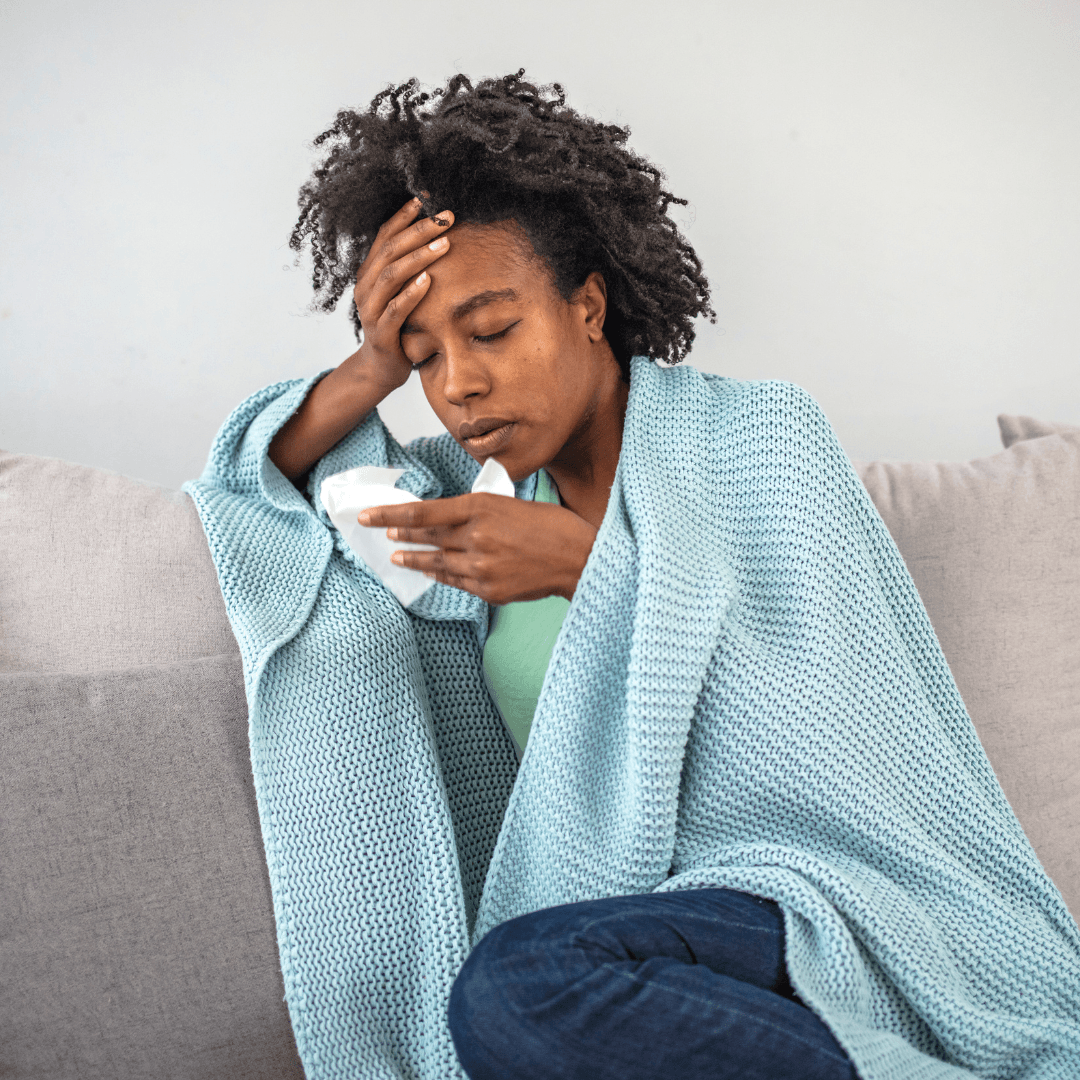
Distinguishing Between Anxiety & The Flu
Since symptoms of anxiety and the flu sometimes overlap, it can be difficult to distinguish between them.
This is because mental and physical health are intricately correlated. To assist you in distinguishing between the two, there are a few significant differences:
1. Symptoms
While anxiety and the flu share common symptoms such as fatigue, muscle aches, and headaches, distinct features can help distinguish between them.
Symptoms like fever, cough, sore throat, and nasal congestion are more characteristic of the flu, whereas restlessness, excessive worry, and panic attacks indicate anxiety.
2. Timing And Duration
The timing and duration of symptoms can also provide clues to their underlying cause. Flu symptoms typically develop rapidly over a short period, with the onset of fever and respiratory symptoms occurring within a few days.
In contrast, anxiety symptoms may persist for weeks or months, often fluctuating in intensity over time.
Additionally, anxiety symptoms may be triggered or exacerbated by specific stressors or situations, whereas flu symptoms tend to follow a more predictable course.
3. When To Seek Medical Advice
Whether symptoms are from the flu or anxiety, it is imperative to visit a doctor if they intensify or persist.
However, certain red flags may indicate the need for urgent medical attention. These include difficulty breathing, persistent chest pain, confusion, severe headache, or signs of dehydration.
If you're unsure about the cause of your symptoms or if they are causing significant distress or impairment, it's always best to consult a healthcare professional for guidance and support.
4. Physical Examination
A medical practitioner's physical examination might reveal important information about the underlying cause of symptoms.
During a physical examination, healthcare professionals assess vital signs and inquire about symptoms to differentiate between flu-like symptoms and anxiety, providing valuable insights into the underlying cause of the patient's condition.
They may also examine specific areas of tenderness or swelling to identify signs of infection or inflammation associated with the flu.
Additionally, they may inquire about other symptoms, such as respiratory symptoms, gastrointestinal issues, or changes in mental status, to further refine the diagnosis.
5. Laboratory Tests
Laboratory tests, such as a complete blood count (CBC) or a respiratory viral panel, may be ordered to confirm or rule out a flu diagnosis.
These tests can detect the presence of viral particles or antibodies in the blood, providing definitive evidence of an active infection.
In cases where anxiety is suspected as the primary cause of symptoms, laboratory tests may be normal or may show nonspecific abnormalities such as elevated cortisol levels or changes in immune function.
6. Response To Treatment
Another key factor distinguishing between anxiety and the flu is the response to treatment.
Generally, antiviral drugs and supportive care interventions like rest, fluids, and over-the-counter analgesics effectively treat flu symptoms. In contrast, anxiety symptoms may require a different approach, such as cognitive-behavioral therapy, medication management, or stress management techniques.
Further assessment might be necessary to identify the underlying cause and modify the treatment plan if symptoms worsen or persist after receiving the recommended care.
By carefully considering these factors and seeking appropriate medical evaluation, individuals can better understand their symptoms and take steps to address them effectively.
Additionally, maintaining open communication with healthcare providers can help ensure timely diagnosis and management of anxiety and flu-related symptoms, improving outcomes and overall well-being.

Managing Anxiety-Induced Flu-Like Symptoms
Managing anxiety-induced flu-like symptoms requires a multifaceted approach that addresses both the underlying anxiety and the physical manifestations of stress. Here's a breakdown of effective strategies:
1. Lifestyle Modifications
Diet
A balanced diet of whole grains, fruits, vegetables, and lean meats can improve general health and stress tolerance. Limiting sugar, caffeine, and processed foods can stabilize energy levels and mood.
Exercise
Regular physical activity has been demonstrated to lower anxiety and elevate mood by encouraging the release of endorphins, the body's natural mood enhancers. Try to exercise moderate-intense at least 30 minutes a day, most days of the week.
Sleep Hygiene
Prioritize good sleep habits by establishing a consistent sleep schedule, a relaxing bedtime routine, and a comfortable sleep environment. Avoiding screens and stimulating activities before bed can help promote restful sleep.
2. Stress Management Techniques
Mindfulness
Focusing unjudgmentally on the here and now is a key component of mindfulness practice.
Mindfulness exercises, such as body scans, mindful walking, and mindful breathing, can increase and decrease stress resilience and anxiety.
Meditation
Frequent meditation helps enhance mental clarity, anxiety, and emotional health. Devote a short time each day to meditation, utilizing guided meditation, a mantra, or just your breath.
Deep Breathing Exercises
Exercises that involve deep breathing can trigger the body's relaxation response, which lowers anxiety and increases calmness.
To engage in deep breathing, take a few slow breaths via your nose, hold them, and slowly release them through your mouth.
3. Professional Treatments
Therapy
Cognitive-behavioural therapy (CBT) is a highly effective treatment for anxiety disorders. You can learn coping mechanisms for stress management, recognize and challenge negative thought patterns, and gradually face your fears and concerns with the assistance of a therapist.
Medication
Medication may be used in some circumstances to assist in the control of anxiety symptoms. Benzodiazepines, beta-blockers, and antidepressants are often prescribed drugs for the treatment of anxiety disorders.
Choosing the right medication and dosage for your unique needs requires close collaboration with a healthcare professional.
By incorporating these lifestyle modifications, stress management techniques, and professional treatments into your routine, you can effectively manage anxiety-induced flu-like symptoms and improve your overall well-being.
Being patient and persistent in your efforts is essential, as managing anxiety takes time and practice. Contact a healthcare provider if you need additional support or guidance in managing your symptoms.
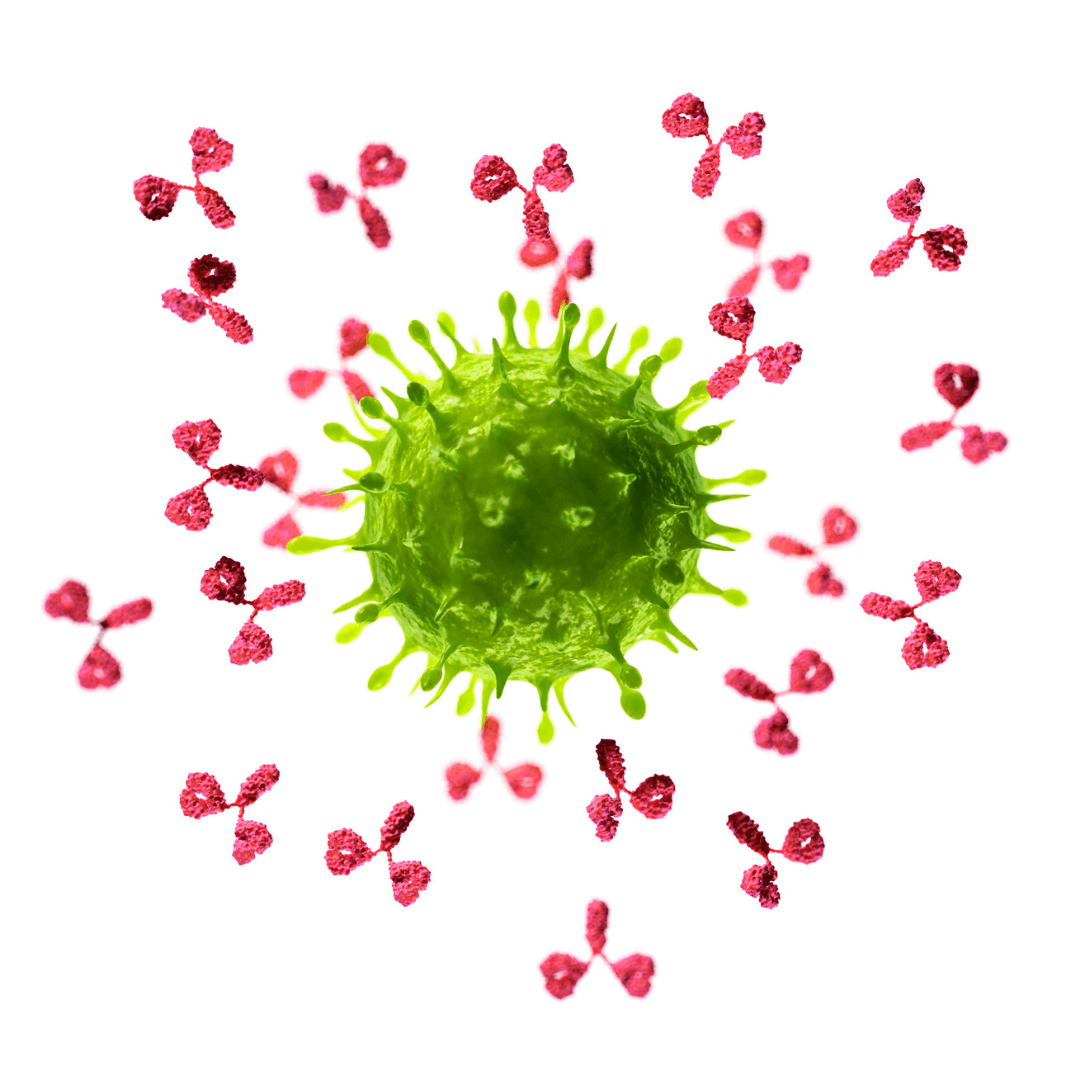
Preventive Strategies
Maintaining a robust immune system prevents physical illnesses like the flu and anxiety-induced symptoms.
Immune-boosting foods like citrus fruits, leafy greens, and yogurt can benefit your diet. These contain vital vitamins and minerals that enhance immunological function.
Frequent physical activity can also improve immune response by lowering inflammation and boosting circulation.
Additionally, prioritizing sleep and managing stress effectively can help regulate immune function and reduce susceptibility to infections.
Implementing stress management techniques can significantly reduce the likelihood of anxiety-induced flu-like symptoms.
Deep breathing, mindfulness meditation, and progressive muscle relaxation are among the methods that can help calm the body and mind and decrease the damaging effects of stress on physical health.
Engaging in enjoyable activities, spending time in nature, and maintaining social connections can also provide emotional support and resilience against stressors.
Seeking professional help through therapy or counselling can provide additional tools and strategies for managing anxiety and preventing its adverse effects on overall health.
Regular physical check-ups with a healthcare provider are essential for monitoring overall health and identifying potential risk factors for physical illnesses and anxiety disorders.
During these examinations, your medical professional can evaluate your immune system, look for underlying diseases, and tailor suggestions for optimum health.
Additionally, they can offer guidance on preventive measures, such as vaccinations and lifestyle modifications, to minimize the risk of infections and manage anxiety effectively.
By prioritizing regular physical check-ups, you can take proactive steps to safeguard your physical and mental well-being and prevent the onset of flu-like symptoms caused by anxiety.
Conclusion
The overlap between flu-like symptoms and anxiety underscores the intricate relationship between mental and physical health.
While anxiety-induced symptoms can mimic those of the flu, it's essential to recognize the underlying factors driving these manifestations.
By understanding the biological mechanisms, individuals can better navigate their symptoms and seek appropriate support and treatment.
Understanding the interplay between anxiety and physical health empowers individuals to take proactive steps toward holistic well-being.
Addressing mental and physical health can enhance resilience, improve quality of life, and cultivate a holistic approach to well-being.
Ultimately, by acknowledging the connection between flu-like symptoms and anxiety, we can work towards creating a healthier, more supportive environment for individuals to thrive in.
I trust you enjoyed this article about Flu-like Symptoms And Anxiety. Please stay tuned for more blog posts soon.
JeannetteZ
>>>Please click here to read my all-inclusive article about Lessons That Will Teach You All About Stress<<<
>>>Are you interested in Natural Healing And Stress Relief through Herbs? Please click here for my #1 Recommendation<<<
Your Opinion Is Important To Me
Do you have thoughts, ideas, or questions? I would love to hear from you. Please leave me your questions, experiences, and remarks about Flu-Like Symptoms And Anxiety in the comments section below. You can also reach me by email at Jeannette@Close-To-Nature.org.
Disclosure
This post may contain affiliate links. I earn from qualifying purchases as an Amazon Associate and other affiliate programs. Please read my full affiliate disclosure.

